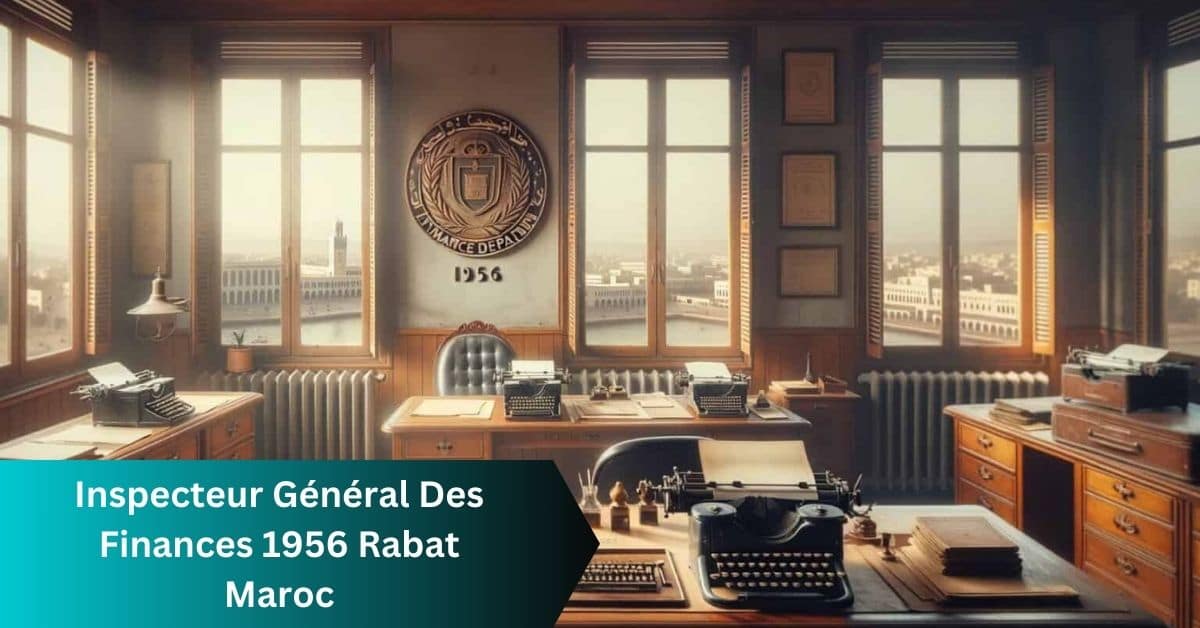It wasn’t just a job but a personal journey of managing money and helping the country grow after gaining independence.
In 1956, in Rabat, Morocco, the money boss, Inspecteur Général Des Finances, helped manage the country’s finances after it became independent. People like Jean-Pierre Doublet and Jacques Maisonneuve made important changes to taxes and economic plans, leaving a lasting impact.
Learn about how these money leaders shaped Morocco’s finances today.
What Is An Inspecteur Général Des Finances – Morocco’s Economic Journey!
An Inspecteur Général des Finances is like a financial supervisor but for a whole country. Their main job is to watch over how the government handles its money. Simply put, they ensure that the country’s funds are used wisely and follow the rules.
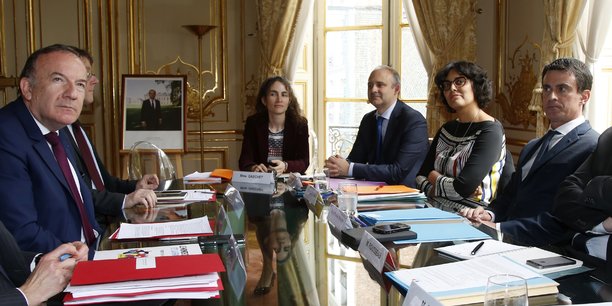
These financial watchdogs have various tasks. They check government budgets, look into financial statements, and prevent any cheating or stealing of public money.
They also advise on improving money-related processes, ensuring everything runs smoothly. So, an Inspecteur Général des Finances is like a money superhero, working behind the scenes to keep a country’s finances in good shape.
Read Also: Q Racing – Unleashing the Thrill of Speed and Precision!
Why Were They Important – Explore Their Impact!
Inspecteur Général des Finances were very important because they played a significant role in ensuring a country’s money was well taken care of. They helped the government make good decisions about how to use the money wisely, like planning where to spend it and how to save some for later.
Their job was like being a money superhero, ensuring everything was fair and square. Monitoring the country’s finances helped ensure that schools had what they needed, roads were in good condition, and everyone had a fair chance to do well.
So, these financial superheroes were vital because they ensured the money was used best for the whole country, helping everyone live better lives.
Key Responsibilities Of Inspecteur Général Des Finances In 1956 Morocco – Here To Know!
The Inspecteur Général des Finances in 1956 Morocco had a significant role in overseeing the country’s financial matters.
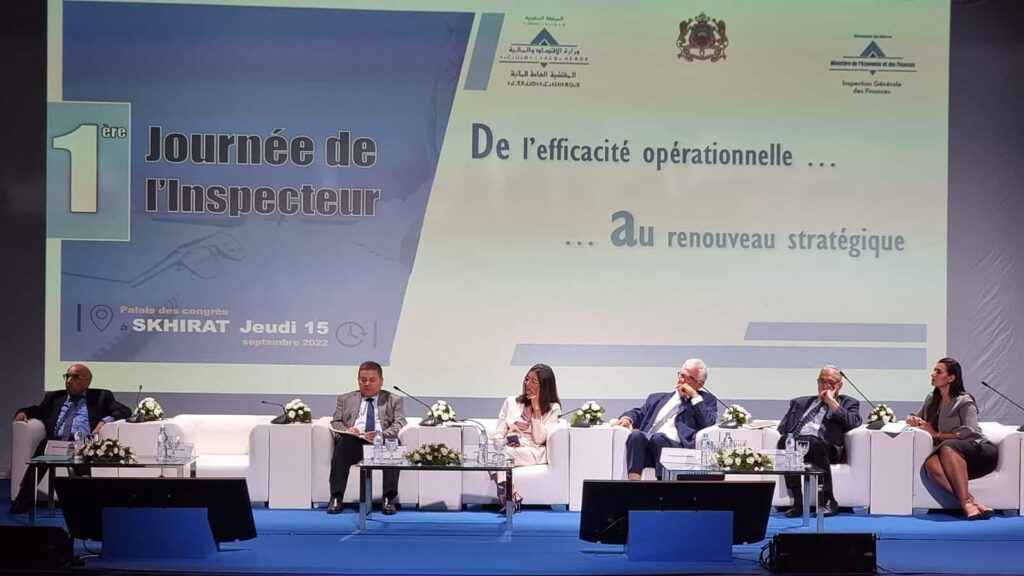
- Overseeing Financial Matters: The Inspecteur Général des Finances in 1956 Morocco had an essential job of looking after the country’s money matters. They were like financial superheroes, making sure everything with the money was going the right way.
- Managing Government Funds: Their main task was to watch over different parts of the Ministry of Finance to ensure the government’s money was managed properly. They were the guardians of the country’s treasure chest, ensuring no coins went missing.
- Supervising Tax Collection: They were like bosses overseeing how taxes were collected. Imagine them as leaders ensuring everyone follows the rules and the money collected is used for the right things.
- Allocating Budget Resources: One of their essential jobs was deciding where the government should spend its money. It’s like being a big party planner, deciding where to put the decorations and what things are needed.
- Conducting Audits: Inspecting financial statements means they were like detectives checking papers to ensure everything was clear and honest. It’s like playing detective with numbers to make sure there are no tricks.
- Preventing Fraud and Misappropriation: They worked hard to stop bad things from happening with the money, like cheating or stealing. They were like protectors, ensuring the government’s money was safe and used for the right reasons.
- Guidance on Financial Matters: They weren’t just watchers; they were also helpers. They advised the government on money decisions, ensuring they were doing things to help the country grow and improve.
- Economic Stewardship: They were like financial stewards, ensuring the country’s money was spent and saved wisely. It’s like being a caretaker, caring for the money so the government can stay financially stable.
These points show that the Inspecteur Général des Finances had many important jobs. They were like financial superheroes, making sure the money was handled well. Their role was crucial in keeping the country’s money safe and helping Morocco’s economy stay strong after gaining independence.
Notable Inspecteurs Généraux des Finances in Rabat (1950s) – Big Names in Money Watchers!
During the 1950s in Rabat, some significant people were keeping a close eye on the money stuff. Let’s talk about these notable Inspecteurs Généraux des Finances:
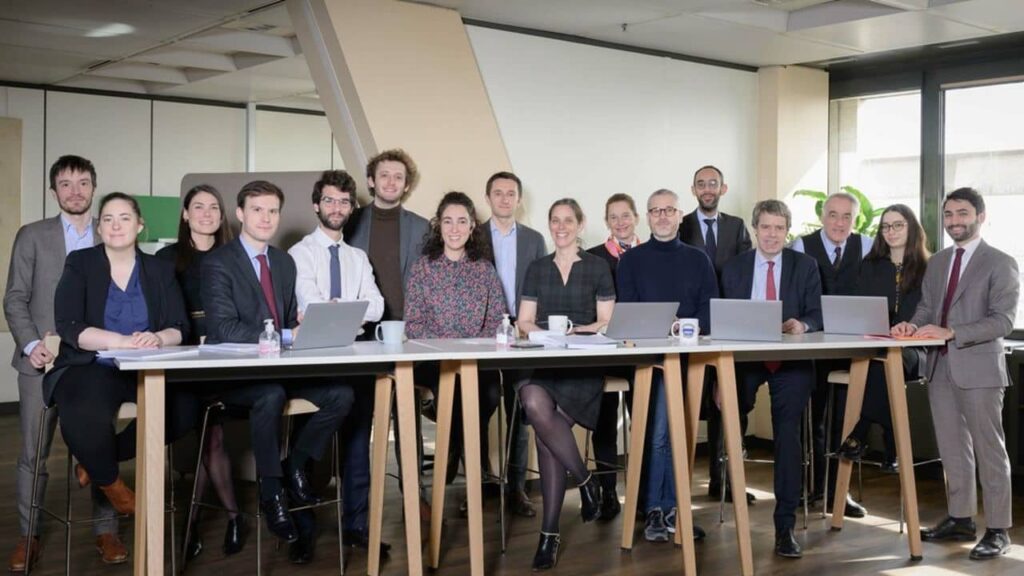
- Jean-Pierre Doublet: Appointed in 1952, Doublet was like a financial architect. He changed how taxes worked, making the money system better. His intelligent moves helped the government invest in things like roads and schools.
- Jacques Maisonneuve: Arriving in Rabat in 1956, Maisonneuve was like an economic booster. He wanted Morocco to grow faster, so he worked on plans to improve farming, bring in more money from trade, and even boost tourism. His ideas shaped how Morocco developed after becoming independent.
These money leaders weren’t just watchers; they were doers, making sure the country’s money was used smartly to help Morocco become a stronger and better place.
Read Also: Ilimecomix – Unveiling The Marvels Of A Comic Paradise!
Economic Challenges And Achievements – Ready To Explore!
Challenges That Hit Hard Economically:
Back in the 1950s, Morocco faced some tough money challenges. It was like a giant puzzle with pieces missing. Many people lived with very little money, and lots of places didn’t have what they needed. Imagine trying to build a sandcastle, but the sand keeps slipping away.
That’s how it felt for Morocco; money wasn’t staying where it was needed, and many folks didn’t have enough.
Economic Achievements:
Even with all those challenges, Morocco started to make things better. It was like fixing the sandcastle by adding more sand.
The Inspecteurs Généraux des Finances, like Jean-Pierre Doublet and Jacques Maisonneuve, played a big part. They made smart decisions, like changing how taxes worked and planning for the future.
Slowly, the money puzzle started getting solved. Morocco built more roads and schools and improved how farms worked.
It was like turning a broken sandcastle into a sturdy fortress, making life better for everyone. These achievements showed that smart money moves can make a big difference despite tough things.
Money Makeovers – Reforms and Changes!
Back in the middle of the 20th century in Rabat, Morocco, some significant changes occurred in how money was managed. Think of it as giving an old book a fresh look – it needed some updates!
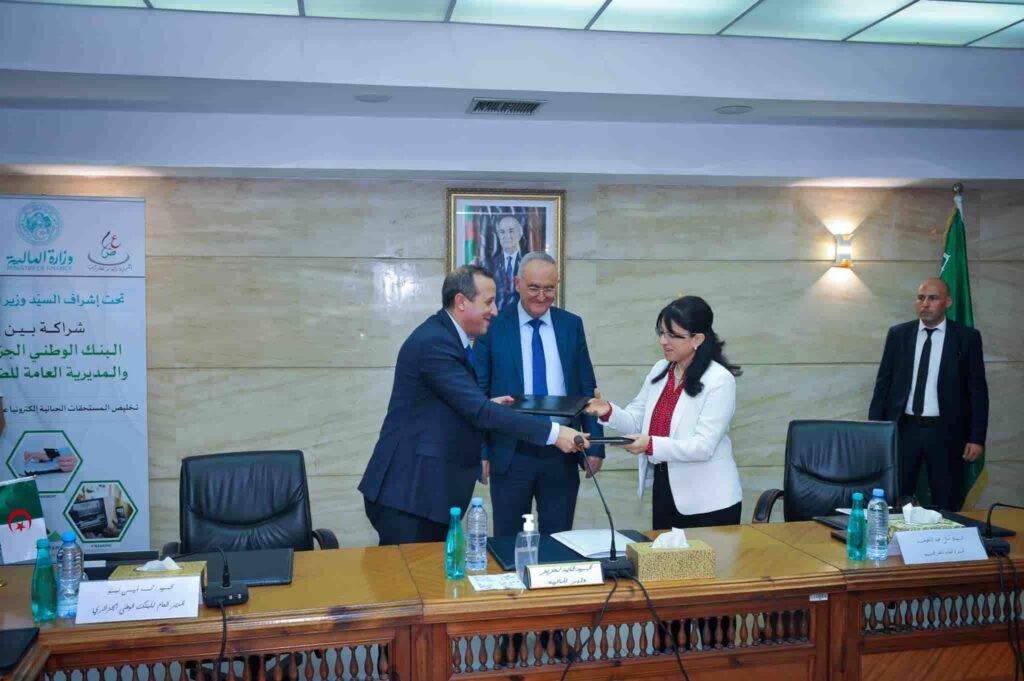
Decentralizing Responsibilities:
One significant change was spreading out the tasks. Instead of one big person handling everything, they shared the responsibilities with different groups. It was like teamwork, ensuring every part of the country got attention.
New Techniques for Audits:
They also decided to change how they checked the money papers. It wasn’t just about looking at the numbers; it was like becoming a financial detective.
They focused on risks, making sure everything followed the rules. It was like upgrading from an old flashlight to a shiny new one – seeing things more clearly.
Making Inspecteurs Généraux More Independent:
They ensured the money watchers (Inspecteurs Généraux) had more freedom to keep things fair. It was like giving them their own space so they could do their jobs better.
They also reported directly to the big boss, the Minister of Finance, instead of juggling different bosses. This made sure they could do their work without any interference.
These changes were like giving the money system a modern makeover. It made things more transparent, fair, and independent, ensuring the country’s money was in good hands.
Read Also: What is Doe – Join now!
Legacy and Contributions – Passing On Money Wisdom!
In Rabat, Morocco, the legacy of Inspecteurs Généraux des Finances is like passing on a treasure chest of money wisdom. It’s about the good things they did that are still helping today.
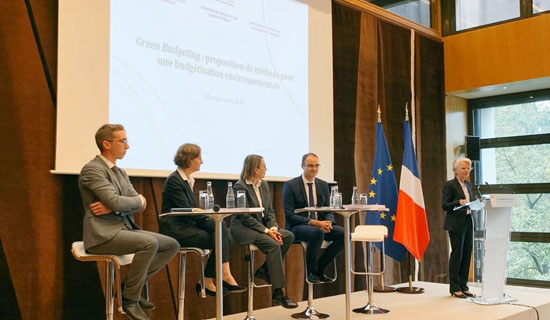
- Tax System Reforms: It wasn’t just about collecting money but about ensuring it was fair for everyone. These changes still shape how money is collected in Morocco today.
- Balancing the Budget: The Inspecteurs Généraux helped the country balance its budget, ensuring it didn’t spend too much. It was important for Morocco to show it could handle its money responsibly, like earning a gold star in school.
- Modernizing Government Accounting: They brought new ways to keep track of the money – like upgrading from an old notebook to a super-smart computer. This made sure everything was organized and clear. It’s a bit like tidying up your room, making it easier to find things.
The legacy of these financial superheroes is still felt. They left behind a roadmap for handling money wisely, ensuring Morocco’s financial journey remains solid and steady.
Frequently Asked Questions:
1. What did the Inspecteur Général des Finances do in 1956 Rabat, Morocco?
The Inspecteur Général des Finances in 1956 Rabat had a vital job overseeing the country’s money. They ensured the government handled funds well, decided where to spend money, and supervised taxes.
2. How did the Inspecteurs Généraux help Morocco’s economy after gaining independence?
Inspecteurs Généraux like Jean-Pierre Doublet and Jacques Maisonneuve made intelligent money moves. They changed how taxes worked and planned for the future, boosting Morocco’s economy with more investment money.
3. What problems did Morocco face in the 1950s, and how did Inspecteurs Généraux fix them?
In the 1950s, Morocco had money troubles, and not everyone had enough. Inspecteurs Généraux worked on balancing the budget, improving tax collection, and improving money management to help everyone.
4. How did the Inspecteur Général des Finances job change in the mid-20th century?
In the mid-20th century, they brought significant changes. They shared tasks, checked money papers more like detectives, and became more independent.
Conclusion:
In 1956, the Inspecteur Général des Finances were like heroes for money in Rabat, Morocco. They did important things, fixed money problems, and made intelligent changes. Like a treasure, their legacy still helps Morocco’s money be vital today.
Read Also:
